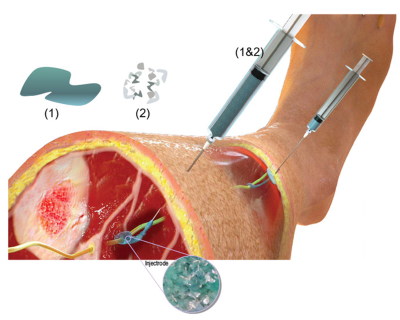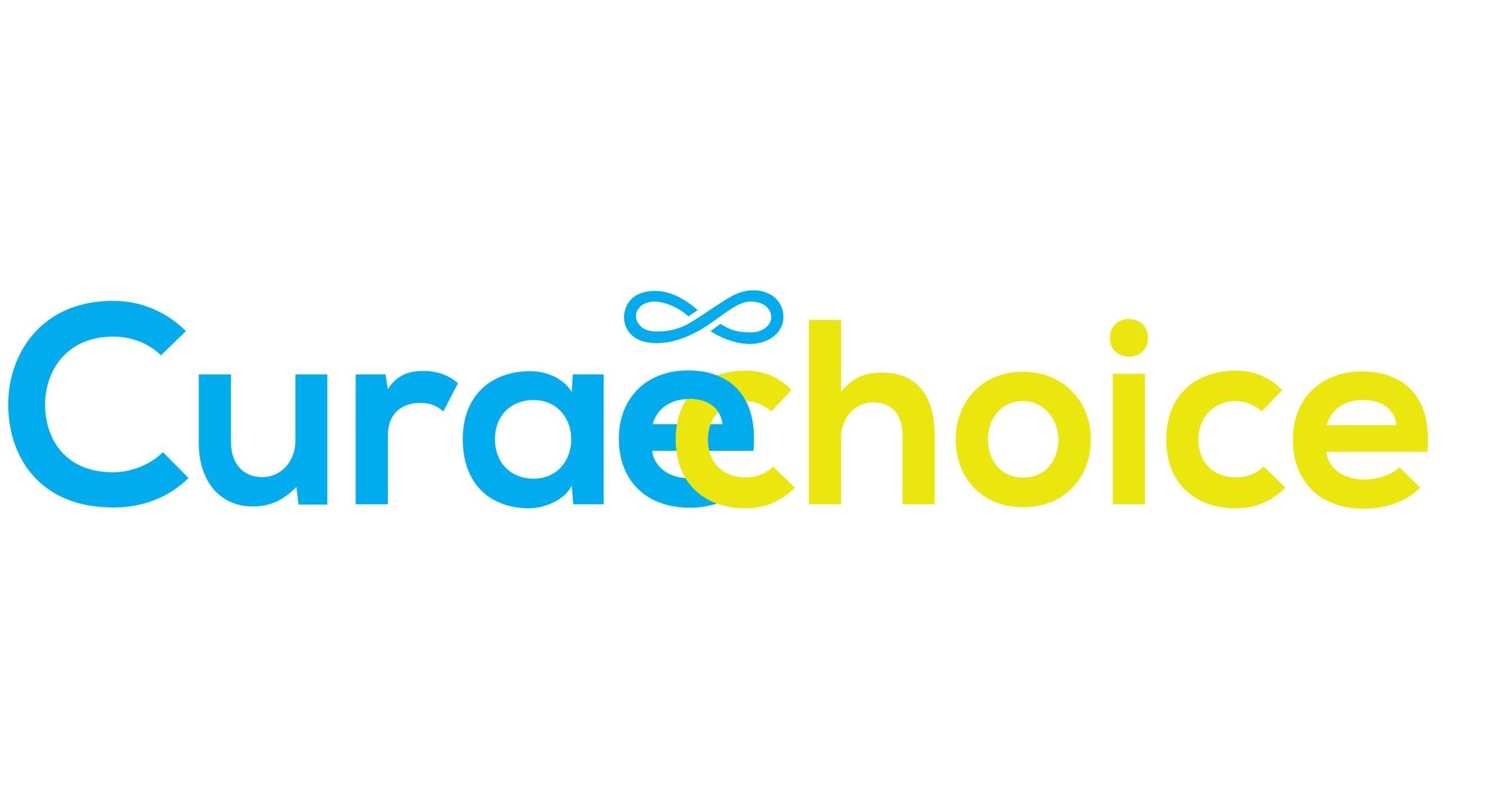To test the robustness of the results, the researchers repeated their analyzes excluding participants with psychiatric diagnoses. The findings remained consistent. They also tested whether anxiety and depression could cause love addiction, but this explanation was not supported.
Beyond cognition, people with more severe symptoms tended to have lower levels of education, resilience, and coping strategies. They were also more likely to report a history of psychological conditions and to be using psychotropic medications.
The authors note that people who experience love addiction often describe intense emotional suffering, particularly when relationships are marked by rejection or instability. This distress can not only impair well-being but also interfere with daily functioning. From a clinical perspective, the findings suggest that addressing anxiety and depression in treatment could help reduce cognitive complaints associated with love addiction.
Although based on self-reported data, the study highlights how emotional attachment, social media use, and mental health interact to influence cognitive self-perception. The researchers add that subjective cognitive difficulties in people with love addiction may serve as early warning signs, making them important targets for early detection and intervention.



